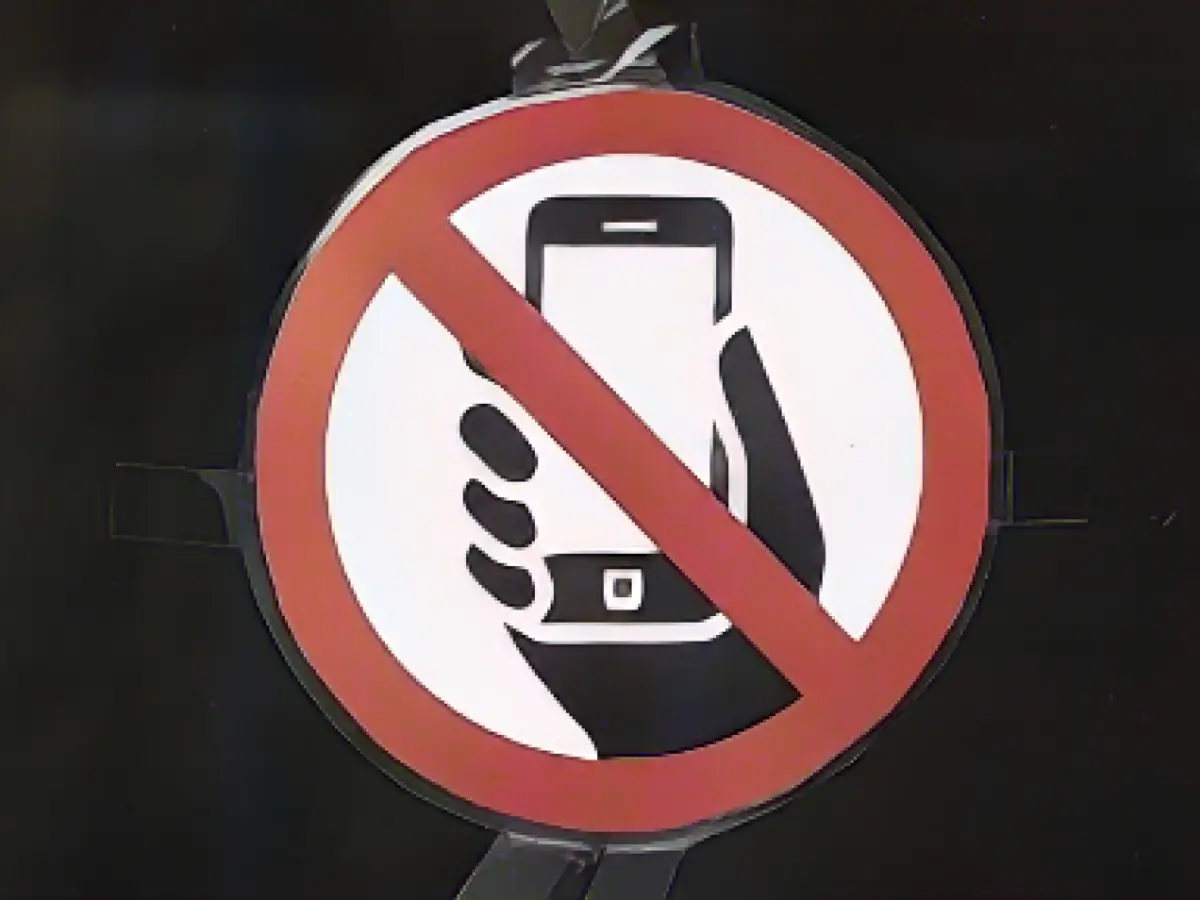New Zealand's Fresh Approach to Learning: Embracing a Phone-Free Classroom
In a bold move to boost students' achievements and well-being, New Zealand's new conservative government is pursuing a nationwide ban on smartphones in schools. Prime Minister Christopher Luxon, who took office this week, shared his intentions during a school visit in Auckland, asserting, "I refuse to watch educational successes diminish as they have lately."
Luxon's National Party believes that by implementing this phone ban, pupil engagement, concentration, and overall performance can soar – a strategy that has already proven successful in many schools worldwide, including France which made the switch in 2018. Some neighboring nations, such as the Netherlands and the UK, are considering following suit.
The proposed phone ban, part of a broader effort to restore academic excellence, extends beyond the classroom. Indeed, high-ranking officials like ministers and MPs must demonstrate commitment by leaving their smartphones behind during cabinet and parliamentary group meetings to promote more focused work environments.
Germany's stance
While the debate on cellphones' impact on learning rages, Germany's German Teachers' Association recently expressed reservations about instituting an outright ban, citing concerns about the feasibility of such a rule.
An Investment in the Future: The Importance of Undistracted Learning
Prime Minister Luxon and his National Party underscored the necessity of fostering an educational climate free of distractions. Rampant cellphone use during critical classes has been attributed to a decline in performance over the past 30 years. If left unaddressed, this could adversely affect the future livelihood and prospects of New Zealand's children and the country's overall prosperity.
An Eye on the Future: Championing Change
On the heels of controversy surrounding Luxon's initial plan to rescind certain anti-tobacco laws, the prime minister remains steadfast in implementing the cellphone ban. In a recent posting on the X platform (formerly Twitter), Luxon expressed his resolve to uphold educational standards by actively addressing distractions in learning.
Insights from the Enrichment Research
Various studies have reported a mixed impact of cellphone bans on academic performance, with varying success depending on the specific implementation and enforcement. However, a consistent trend suggests positive outcomes in regard to reduced distraction, improved concentration, and improved student behavior, ultimately resulting in enhanced academic performance:
- Brazil: Brazilian schools adopting cellphone bans have witnessed uplifts in concentration, classroom participation, and student performance – an outcome sustained after the ban was enacted nationwide.
- UK: A study conducted by the London School of Economics revealed that cellphone bans in UK schools improved pupil performance and lessened distractions. The refuge offered by systematic lockers during school hours prompted more pupil engagement in extracurricular activities.
- General Consensus: International educators generally espouse the notion that cellphone bans can benefit students by reducing distractions, ultimately improving focus and academic performance.
In deliberating the efficacy of a cellphone ban, consider the following:
- Consistent enforcement: Effective policies depend upon diligent enforcement to secure meaningful outcomes.
- Education and Communication: Collaborate with students, educators, and parents to educate them on the importance of responsible technology use.
- Long-term commitment: Recognize that the implementation of such policies should be sustained for long-term success.
- Common Sense Media Study (2023): Over half of students admit to using their phones daily during school hours, demonstrating the need for meaningful interventions in this arena.
By remaining steadfast in addressing distractions faced by students in the classroom, New Zealand's government is aiming to foster a more conducive learning environment. The current movement in favor of cellphone bans is a proactive response to the challenges of modern education, with the ultimate goal of ensuring that future generations of Kiwis thrive in an increasingly digital world.





